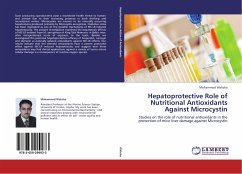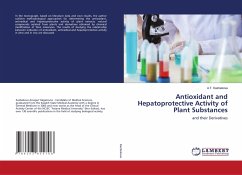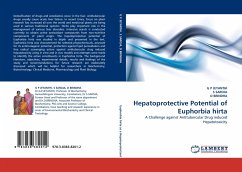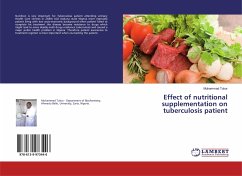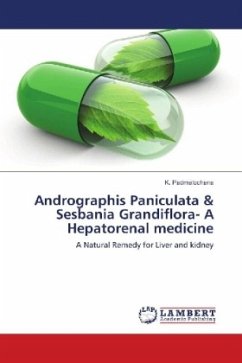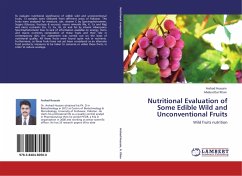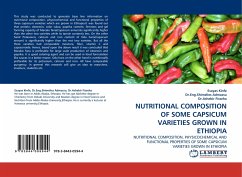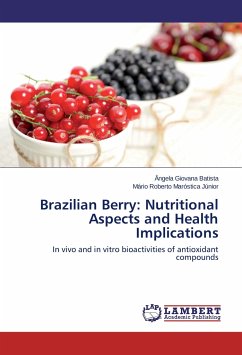Toxin producing cyanobacteria pose a worldwide health threat to human and animals due to their increasing presence in both drinking and recreational waters. Microcystins are known to be naturally occurring hepatotoxins produced primarily by Microcystis aeruginosa. Oxidative stress has been implicated as one of the possible mechanisms of MC-LR induced hepatotoxicity. The present investigation examined the hepatotoxic effects of MC-LR isolated from M. aeruginosa of King Talal Reservoir, in Balb/c mice after intraperitoneal route of exposure to the toxin. Besides we investigated the potential hepatoprotective efficacy of hesperidin, naringin and silymarin as naturally isolated antioxidants against MC-LR effects. Our results indicate that the selected antioxidants have a potent protective effect against MC-LR induced hepatotoxicity and suggest that these antioxidants may find clinical applications against a variety of toxins where cellular damage is a consequence of reactive oxygen species.
Bitte wählen Sie Ihr Anliegen aus.
Rechnungen
Retourenschein anfordern
Bestellstatus
Storno

